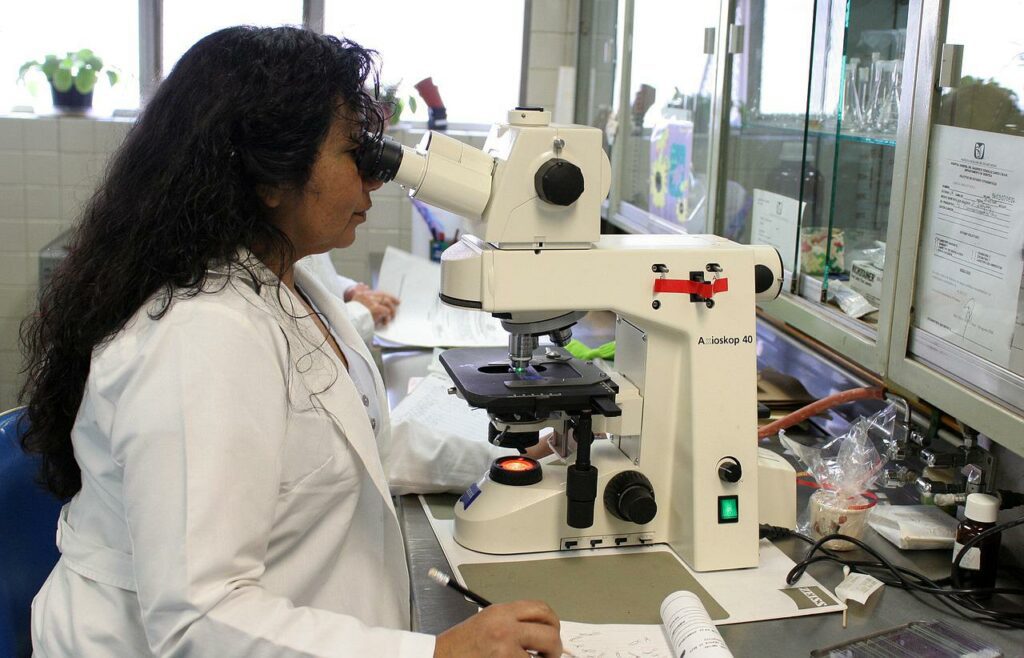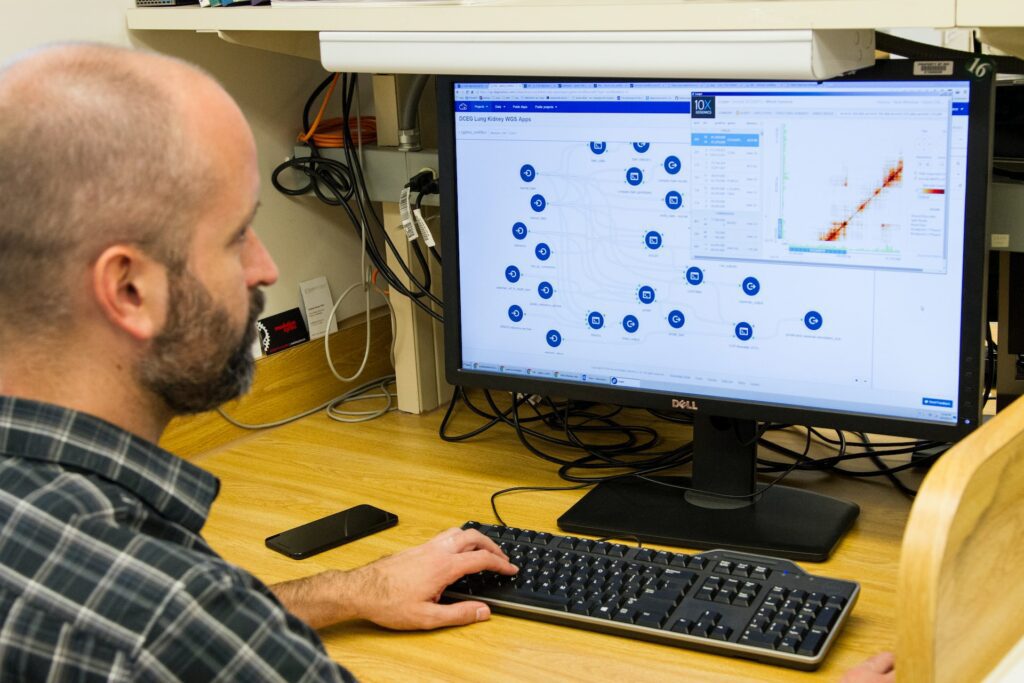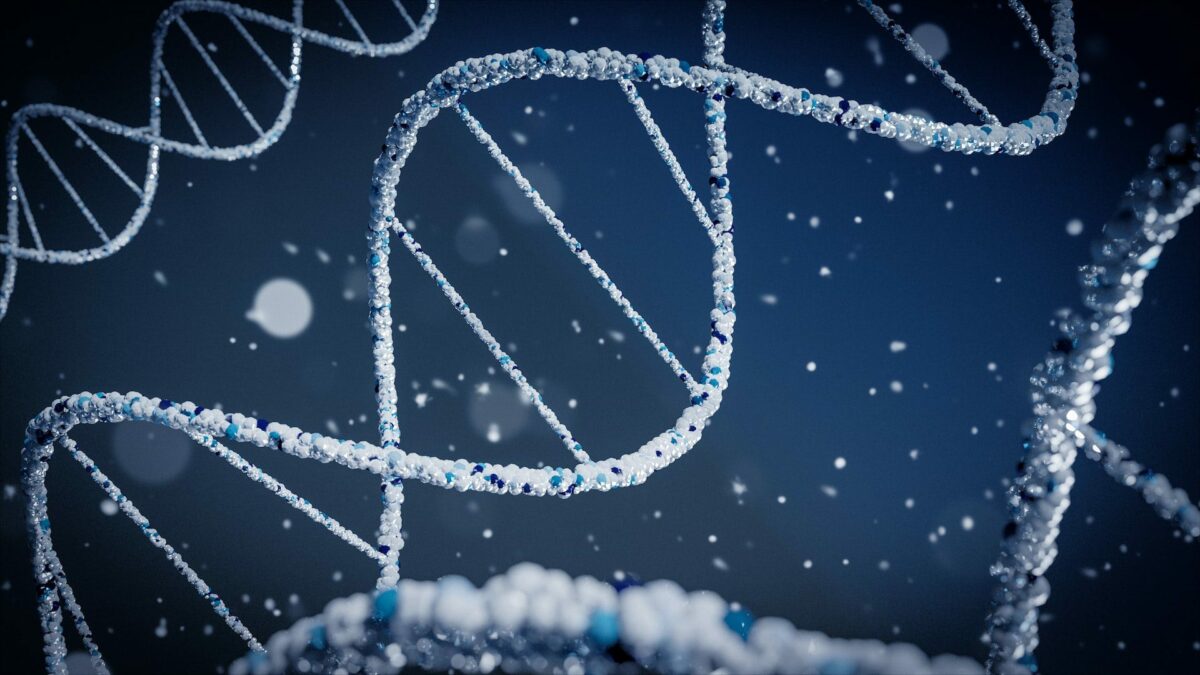In recent years, the science of DNA sequencing has made leaps and bounds, with everyone from scientists to hobbyists being able to delve into its mysteries.
One of the most apparent benefits of DNA sequencing is that it can help you determine your chances of developing certain diseases, but there are plenty of other ways it can improve your life.
Here are some ways DNA sequencing enhances health and quality of life for individuals and populations.
Post Contents
1. A Better Understanding Of Your Health
DNA sequencing and genomic analysis have become popular ways to analyze one’s health and may have implications for wellness and disease prevention. Whole genome sequencing may help predict who is at risk for developing certain cancers and other diseases.
It can also help identify other risks, such as heart disease or diabetes. The American Cancer Society estimates that over 40% of all new diagnoses will link to genetic factors by 2040.
While this number might seem high, it does not come without its benefits. For example, by analyzing an individual’s genetics after a cancer diagnosis, doctors may determine which drugs are most effective in fighting the specific cancer type and give better recommendations on treatment options.
With scientists uncovering more facts about dna sequencing every day, there’s no denying that it has been one of the most significant breakthroughs in science since the invention of the microscope. It is only going to get bigger and better from here!
2. Better Treatment Options
The benefits of sequencing your genome go far beyond identifying your ancestral heritage. Access to this data can also help provide you with better treatment options for various illnesses, most notably hereditary cancers.

And thanks to progress in the field, genetic testing is now cheaper and more accessible than ever, making it possible for more people to reap the benefits.
The technique has become so affordable that some companies offer direct-to-consumer sequencing services for as little as $400. If you’re thinking about getting your DNA tested, don’t hesitate! It’s an integral part of living life to its fullest potential.
3. Personalized Medication
Leading genetics and research companies offer tests that identify your specific gene variants related to risk for disease. Knowing this information helps you and your healthcare providers find the right treatments for you.
With individualized therapeutics, doctors can prescribe drugs that work best for each patient’s unique genetic makeup, producing better results for patients at a lower cost.
It also reduces the time pharmaceutical companies spend on trial-and-error drug development by identifying potential side effects before a new drug is approved. Lastly, it helps clinicians know which medications are likely to effectively reduce disease symptoms in their patients with minimal adverse reactions.
4. Helps In Understanding Genealogy And Ancestry
A person’s genetic information is stored in their DNA, which is why it can be valuable to genealogists. For example, you may find out that your family lived in a specific area due to the link between your genes and that location’s geography.
You might also discover new relatives who can provide insight into your ancestry or provide more information about a specific branch of your family tree.
Genetic testing may often uncover less-known siblings because sometimes two parents do not know they have children together. That way, there are no secrets kept hidden from future generations. That way, it’s possible to uncover secrets in family history.
5. Diagnosis Of Hard To Classify Diseases
Hereditary diseases can sometimes be hard to classify, and medical specialists may not always be able to pinpoint the exact diagnosis. Getting an early diagnosis can make a huge difference in your treatment options and the overall quality of your life.

Finding out you have a hereditary disease before it starts is vital because you can begin treatment immediately instead of waiting for symptoms to appear.
Non-invasive prenatal testing (NIPT) is currently only available for pregnant women at risk for carrying a child with Down syndrome or another chromosomal abnormality. Testing like this takes about 10 minutes, requires no needles, and is 99% accurate in detecting Down syndrome pregnancies.
The prenatal test screens fetal DNA circulating in the mother’s blood and offers a much more comprehensive test than just an ultrasound alone. Fetal cells are typically shed into the maternal bloodstream around week 14 of pregnancy and can stay there up until birth.
Conclusion
DNA sequencing has become a popular and quick way to diagnose certain diseases in the human body. It is beneficial for finding inherited mutations that might be causing genetic diseases or discovering carriers for recessive disorders.
Using gene sequencing, doctors can detect up to 17 conditions, including cystic fibrosis, Duchenne muscular dystrophy, sickle cell anemia, Alzheimer’s disease, and Down syndrome. Technology is greatly influencing personalized treatment.
With each person’s genome mapped out, it will soon be possible to personalize treatments for each individual by predicting what medication will work best on their particular genes.






























